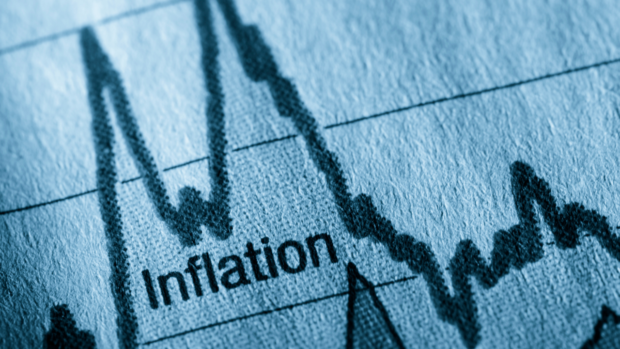Manila, Philippines— The Philippines’ inflation rate slowed sharply in October, as harvests boosted the supply of rice and vegetables in the market and took the steam out of food costs.
Consumer prices rose 4.9 percent on-year last month, the Philippine Statistics Authority said, well down from September’s 6.1 percent.
The biggest driver of the rise was food, which was up 7.1 percent, but that was almost three percentage points down from the month before, with rice and vegetables slowing the quickest.
READ MORE: How does inflation impact local traders?
“Rice inflation slowed down following the onset of peak harvest and import arrivals,” Economic Planning Secretary Arsenio Balisacan said in a statement.
“The stable supply of vegetables as harvest season comes likewise resulted in a slower inflation rate of the commodity.”
But Balisacan warned that the El Nino weather phenomenon, which was expected to bring below-normal rainfall across the country in the coming months, could be detrimental for crops.
“It is important to ensure that the most vulnerable sectors of the society are protected and provided assistance, especially while… we expect El Nino to affect local and global food production,” he said.
HSBC economist Aris Dacanay said he expected the central bank to keep rates steady at its next meeting, scheduled for November 16, “but remain hawkish in tone”.
The central bank took off-cycle action last month, raising rates 25 basis points to 6.5 percent, citing expectations for “an elevated inflation path over the policy horizon”.
READ MORE: Bongbong Marcos issues EO forming inter-agency body to address inflation
It has increased rates by 450 basis points since May 2022.
Finance Secretary Benjamin Diokno said Monday there was “no justification for higher interest rates” given the easing inflation, Bloomberg reported.
The inflation reading will come as welcome news for President Ferdinand Marcos, who saw a double-digit drop in his approval rating in a recent poll, with surging prices the top concern among those surveyed.
Marcos sparked criticism in September when he imposed a temporary price cap on rice, which some economists warned could distort the market and lead to shortages
Last week, the president handed over the role of agriculture secretary to a fishing tycoon, having held the position for more than a year and failed to rein in commodity prices.
